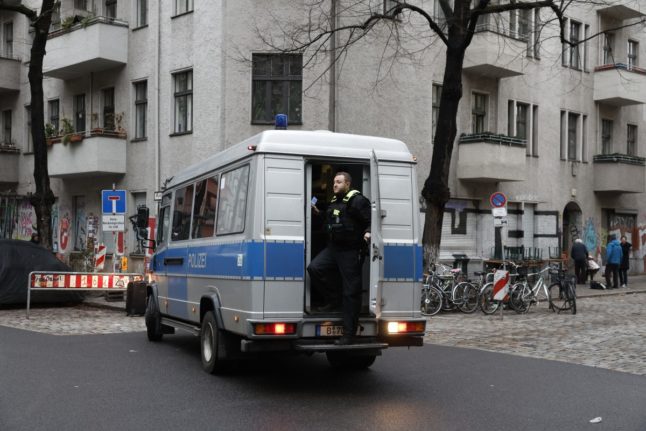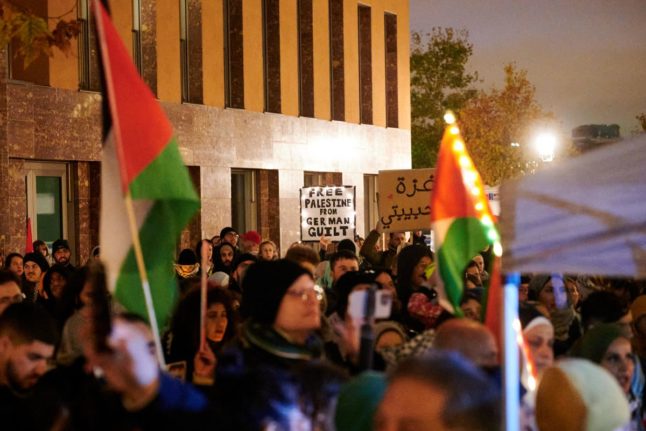German police announced Saturday evening they were searching the cathedral in the western city of Cologne with sniffer dogs following a “danger warning” for New Year’s Eve.
“Even though the information relates to New Year’s Eve, we are from this evening doing everything we can to ensure the safety of visitors of the cathedral on Christmas Eve,” Cologne police chief Michael Esser said in a statement.
After the evening mass and “in agreement with the head of security at the cathedral”, the site will be searched with sniffer dogs and closed, police said.
Visitors on Sunday will be subject to security checks before entering the Cologne Cathedral.
The German daily Bild reported on its website that officials in Austria, Germany and Spain have all received indications that an Islamist group was planning several attacks in Europe, possibly on New Year’s Eve and Christmas.
According to the newspaper, the targets of these attacks could be Christmas masses in Cologne, Vienna and Madrid.
It also reported that the special forces in the Austrian capital Vienna, and in Germany, had arrested suspects on Saturday.
A Vienna police official reached by AFP could not immediately confirm any arrests.
Austrian police said on Saturday they were stepping up checks, especially around churches, religious events and Christmas markets in Vienna
“Terrorist actors across Europe are calling for attacks on Christian events — especially around December 24th,” they said in a statement.
“Due to a current risk assessment… and the continued increased terror alert level, there is generally an increased risk in Austria during the Christmas holidays.”



 Please whitelist us to continue reading.
Please whitelist us to continue reading.
Member comments